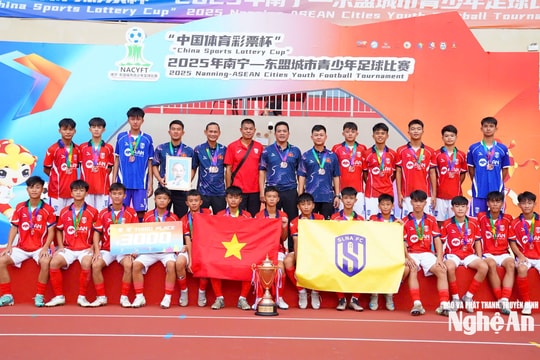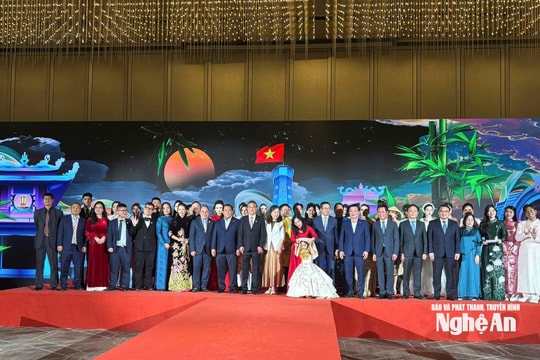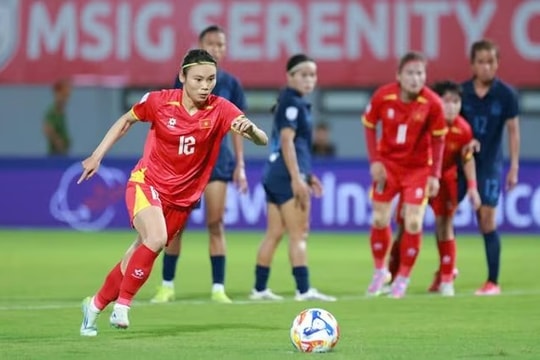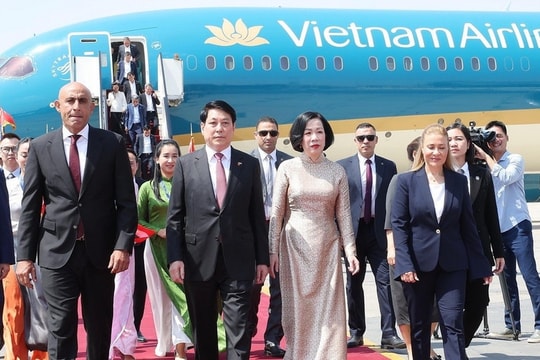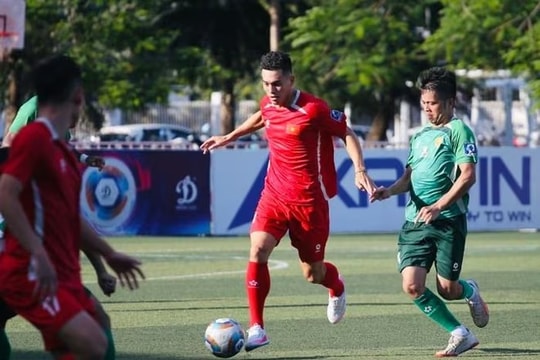US and allies strive to slow China's expansion in the East Sea
(Baonghean.vn)- With the strong voice of a friendly leader in the Philippines, China is expressing its (verbal) opposition in the disputed waters of the East Sea. Accordingly, this country has gained momentum, despite losing the case of Manila suing Beijing at the Permanent Court of Arbitration last year regarding the sovereignty dispute in the East Sea.
The rapprochement between President Rodrigo Duterte and Chinese President Xi Jinping eased serious tensions between the Asian neighbors last year at Scarborough Shoal, where China allowed Filipino fishermen to return last October after years of troubled bilateral relations.
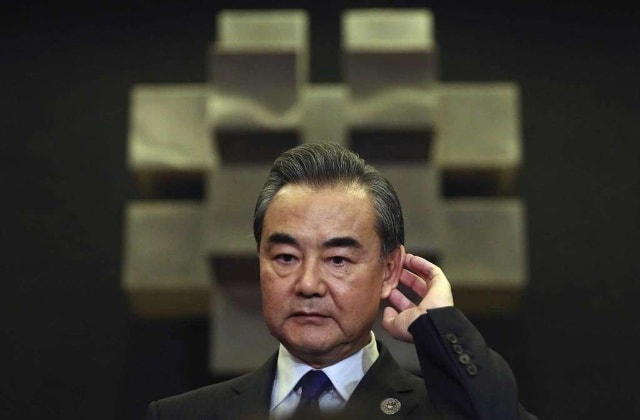 |
| Chinese Foreign Minister Wang Yi. Photo: AP |
As President Donald Trump succeeds Barack Obama, who challenged China’s assertive moves in the South China Sea, US allies are wondering whether he will highlight America’s role as a regional counterweight to the Asian power. The annual Asia-Pacific summit hosted by the Philippines over the weekend was a test for Beijing.
US Secretary of State Rex Tillerson met with his Australian and Japanese counterparts on the sidelines of the ASEAN summit in Manila. After the meeting, the countries issued a joint statement criticizing provocative actions in disputed waters, but did not name China.
But China was quick to express its anger, with its top diplomat saying that while Beijing and the 10 ASEAN countries “all acknowledge that the situation in the South China Sea is showing signs of change and things are moving in a positive direction,” some countries outside the region “do not see the positive changes,” instead maintaining the view that “everything remains the same as in the past.”
After the Philippines, the host of this year’s ASEAN summit, chaired one of the bloc’s three key meetings in April, President Duterte issued a traditional chairman’s statement that made no mention of the contentious issues, including Beijing’s island-building on disputed reefs. For China, this was seen as a “diplomatic coup”.
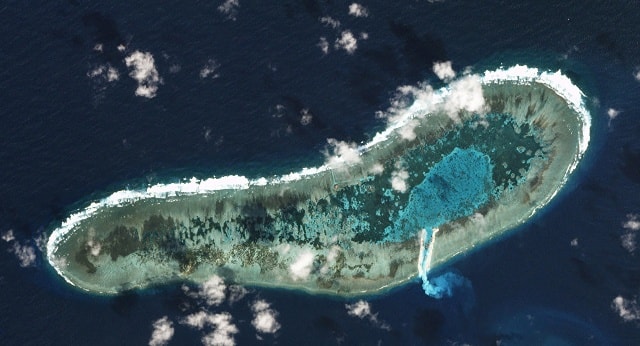 |
| Da Lat Island in the Truong Sa archipelago in the East Sea. Photo: Reuters |
However, during a closed-door meeting in Manila over the weekend, ASEAN foreign ministers argued fiercely, describing territorial disputes involving China and five other governments in a joint statement, in contrast to the chairman's statement, which is a negotiated document.
Surprisingly, when the joint statement was released a day later, it mentioned island reclamation and militarization, and vaguely alluded to the arbitration ruling: “full respect for diplomatic and legal processes.”
Chinese Foreign Minister Wang Yi criticized issues raised in the joint statement, including island reclamation, which critics used to refer to China's large-scale island building in the South China Sea.
The next battle concerns the “Code of Conduct in the South China Sea,” which aims to deter aggressive behavior in disputed waters, including new construction and military actions.
Most ASEAN countries, including the Philippines, support a legally binding code. China, meanwhile, has resisted addressing the disputed issues, including the arbitral ruling and a settlement agreement, preferring instead to resolve the dispute through one-on-one talks with weaker claimants. With ASEAN unable to do anything unless it tacitly agrees to Beijing’s wishes, it has “softened its rhetoric” and reached a consensus.
According to Bonnie Glaser, a senior adviser on Asia at the Washington-based Center for Strategic and International Studies, the framework agreement “is a least common denominator effort. It lacks effectiveness because China opposes the agreement’s legal binding and refuses to include a conflict resolution mechanism.”
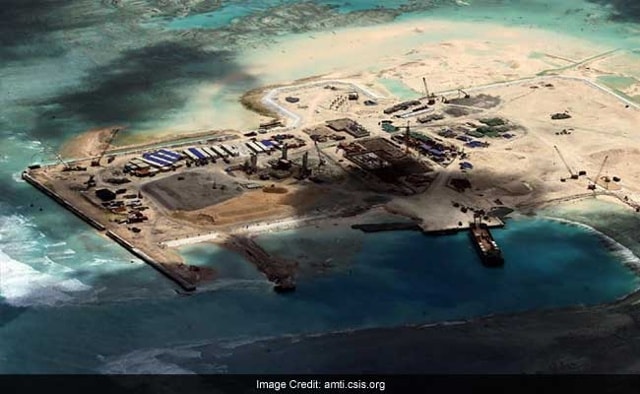 |
| The Hague Arbitration Court ruled against China's "historic rights" in the East Sea. Photo: AP |
According to Mr. Glaser, in the context of internal division within ASEAN and China increasingly distancing itself from ASEAN members, this is not surprising even though the issue has had extremely disappointing developments.
At a conference in Manila, China's foreign minister said the country would be ready to start negotiations on a code of conduct when its leaders visit the Philippines and attend the East Asia Summit (EAS) next November.
However, first of all, according to Mr. Vuong, as a "shot at America", the situation needs to be stable and there must be no "harassment from outside countries".
The US, Australia and Japan immediately jumped in, urging China and ASEAN to “ensure the code of conduct is completed promptly, and is legally binding, meaningful, effective, and consistent with international law”.
“Outside countries like the US will do what they think is necessary to promote peace and stability in the region. If China objects, then we have to accept that,” said expert Glasier.
Lan Ha
(According to AP)
| RELATED NEWS |
|---|

